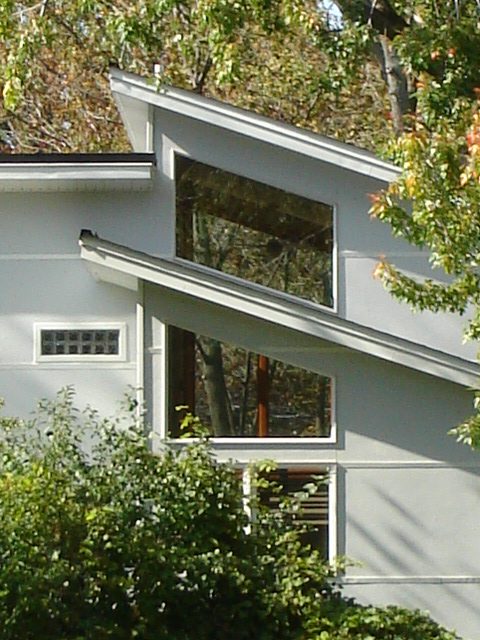Green Design
Goal
APEX Incorporates Sustainable “Green design” strategies into their designs to provide homes and buildings that are environmentally responsible, healthy, enjoyable places to reside, work, study or visit.
Approach
APEX utilizes a whole building approach to sustainability by recognizing key areas of building performance and incorporating as many strategies that the project budget will allow.
Strategies
Strategies
Some specific sustainable strategies that are incorporated include:
- Building / site orientation
- Natural ventilation
- Day-lighting techniques
- Utilization of responsible materials
- High performance glazing
- Increased thermal insulation
- Alternative fuel sources
- Reduced water usage
- Improved indoor air quality
- Xeriscaping
- Light and thermostat controls
- Zoned HVAC systems
Alternative Energy Sources
Incorporation of Photovoltaic (PV) or Building Integrated Photovoltaic (BIPV) solar energy systems, geothermal heating/cooling systems and wind energy. This could include the research and application of grants and incentives to offset initial costs, return on investment (ROI) studies as well as the complete selection and design of the appropriate system(s).
LEED Certification
Leadership in Energy and Environmental Design (LEED) Certification, which is the nationally accepted benchmark for the design, construction and operation of high performance ‘green’ buildings.

